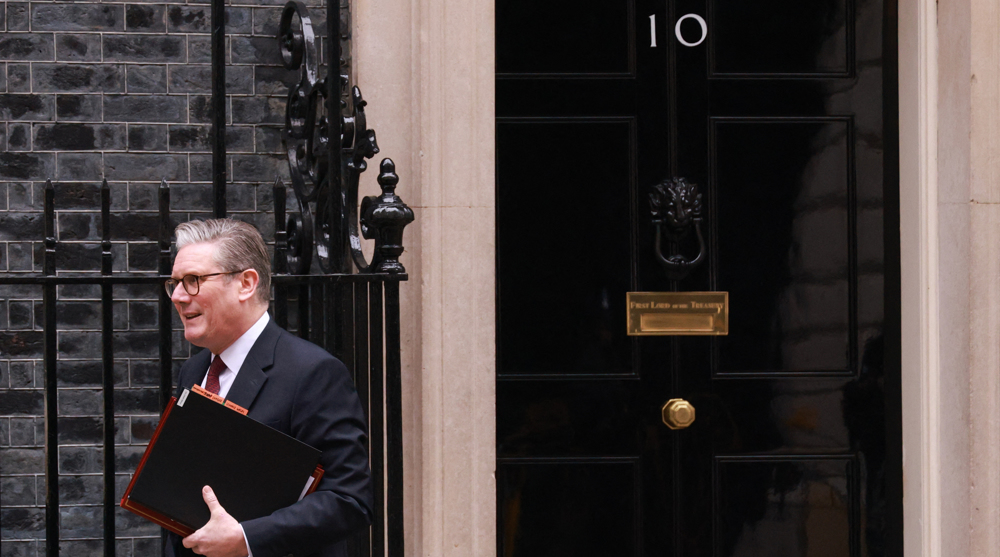Switzerland votes on new law to beef up surveillance
People in Switzerland have started voting on a new law proposed by the government that aims to increase the powers of intelligence services in combating terrorism and cyber crimes.
Swiss voters began casting their ballots in the referendum on Sunday to beef up security against threats posed by spies, criminal hackers and violent extremists.
The law was passed by the Federal Assembly last year but has not been enacted, as political parties in the Central European country collected enough signatures to force a referendum on the measure.
Recent opinion polls show that the law will pass with support from 53 to 58 percent of the voters.
Under the law, intelligence services in Switzerland, if authorized by a federal court, would be allowed to listen to phone conversations, intercept emails, keep tabs on internet activity, and deploy hidden cameras and microphones to monitor suspects who are deemed a clear threat.
The proponents of the law say it could help further protection against cyber crime and impede terrorism, while opponents maintain it will damage civil liberties.
“The main reason for the support is most likely insecurity, partly following attacks (in Paris and Brussels) and also the need to guard against the threats linked to cyber crime,” said Pascal Sciarini, a political scientist at the University of Geneva.
Amnesty International, however, said the proposed law is unnecessary and would allow “disproportionate” levels of surveillance.
Swiss law currently prevents authorities from phone or electronic surveillance.
While a spate of terror and hate attacks have hit European countries over the past months, including France, Belgium, and Germany, Switzerland has remained unaffected by terror. The Daesh Takfiri terrorist group, which is based in Iraq and Syria, however poses potential threats to all countries in the world.

US special envoy in Kiev amid war of words between Trump, Zelensky

Starmer says UK 'ready' to send troops to Ukraine amid shock over US policy shift on war

Iran: G7 accusations ‘baseless, irresponsible’
Occupied al-Qud archbishop: Palestine will never forget Nasrallah
IRGC begins major Eqtedar drill in eastern Iran
Trump tells Zelensky to secure peace with Russia or risk losing Ukraine
Arrest of Electronic Intifada journalist exposes deep Zionist footprints in Switzerland
Iran, Azerbaijan stress opposition to foreign forces in South Caucasus
VIDEO | Press TV's news headlines
Iranian president wishes health, speedy recovery for Pope Francis
VIDEO | Exhibition of innovation and Iran’s economic future










 This makes it easy to access the Press TV website
This makes it easy to access the Press TV website